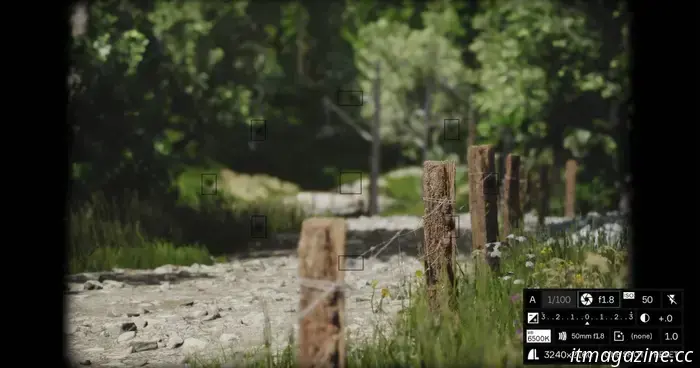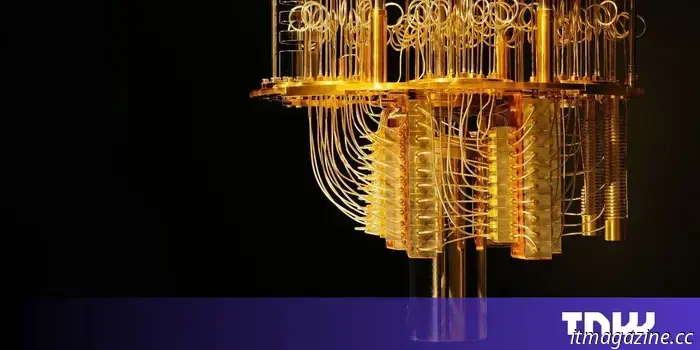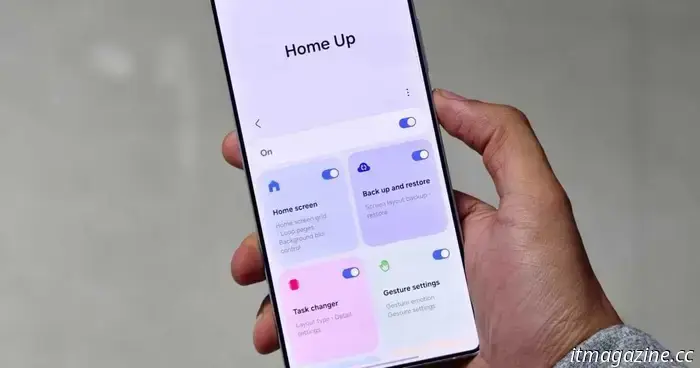
The Lunar Remastered Collection has become my favorite retro RPG bundle.
In the Lunar Remastered Collection, it’s the subtle details that count. For example, this RPG collection reminds me how much I appreciate the ability to save my progress anytime and anywhere. I recall playing Digimon World 3 on the original PlayStation as a child, not understanding what saving my progress entailed or the need for a memory card. Each time I restarted the game, I began anew, thinking that was the norm. Then, after getting a Game Boy Color and playing my first Pokémon game, Gold, a fellow six-year-old taught me to save my progress through the menu. That’s when everything clicked, and from that moment on, I expected to be able to save my progress at any time. After all, that’s how it worked in Pokémon! As I matured and encountered more games, I discovered that some RPGs featured save points in specific locations for saving progress. While this wasn’t my preferred method, I learned to adapt.
These days, I’m more focused on whether save points also heal my party, as seen in games like Eiyuden Chronicle: Hundred Heroes, which don’t provide that. It’s incredibly frustrating to battle through an entire dungeon only to find myself low on healing items right before the boss encounter with my party weakened. It makes me feel unprepared for the challenge ahead.
Having played original remasters like Suikoden I&II HD Remaster Gate Rune and Dunan Unification Wars, I expected the upcoming Lunar Remastered Collection to include save points since I had never played the original titles. To my surprise, I found I could save my progress anytime from the menu. This small feature allowed me to control my pace throughout the collection. As a newcomer, these games feel surprisingly relaxed compared to other classic RPGs I’ve played recently, and the new features make it well worth revisiting for long-time fans.
The Lunar Remastered Collection features the first two games in the series: Lunar: Silver Star Story Complete and Lunar 2: Eternal Blue Complete. The former follows a young man named Alex on his quest to become a Dragonmaster, protecting the Goddess Althena and thwarting a magical emperor's plans. The latter takes place a millennium later with another protagonist, Hiro, who seeks Althena and defends his group against enemies that label them the “Destroyer of Lunar.” Both RPGs are lengthy, making them ideal for short play sessions.
In comparison to Suikoden, the dungeons in Lunar are slightly longer, yet they don’t become tedious. The option to save from a menu makes dungeon exploration more manageable. I could be in the middle of a dungeon and leave to run an errand, then resume exactly where I left off. I never felt pressured while playing the Lunar games, as there were no save points to rush toward.
Additionally, these two RPGs do not feature random encounters, another modern aspect I came to appreciate. Enemies wander the field, and I can choose to engage or avoid them. Utilizing the save system, if I entered a battle with my party in poor condition, I would simply reload my previous save to have another chance to evade the enemy. Some may call it save scumming, but I see it as efficiency!
When I entered Lunar’s turn-based battles, I appreciated that the games included another feature reminiscent of Suikoden: auto-battle. The AI in Lunar is surprisingly adept, allowing my party to consistently select the best options to tackle enemies. For instance, when enemies were clustered together, my mage Nash in Silver Star Story would summon lightning to strike all of them.
Whenever a stronger monster appeared among weaker ones, Hiro, the protagonist of Eternal Blue, would use one of his powerful special attacks on it while attacking the weaker ones with standard moves. This customizable AI feature, added to the Lunar Remastered Collection, had a more significant impact than I initially expected.
Moreover, there’s an incredibly clever refinement in Lunar’s auto-battle that resonates with me more than Suikoden’s or even Hundred Heroes’ versions. Lunar allows me to select which character automatically attacks. In Suikoden, auto-battle applies to the entire party, necessitating tedious navigation through six attack menus for each character.
While Lunar provides the option to auto-battle for all, if I want my healer Luna in Silver Star Story to heal another member, I can specifically choose that action while the rest of my party continues to auto-attack. This means I can control the pace of both my dungeon exploration and turn-based battles.
Most of the time, however, I didn’t need to intervene. Luna's AI is so intuitive that she instinctively knows when to use a single-target healing spell on one character or a group-wide one to heal everyone. Depending on the situation, she understands whether to conserve her MP by using a less intensive single-target healing spell. This became crucial during boss battles. Lunar is the only classic RPG I’ve played recently where I feel confident allowing


Other articles
 Samsung's newest smartphone and tablet feature a hidden surprise: a removable battery.
Samsung's latest Galaxy Cover7 Pro and Galaxy Tab Active5 Pro are equipped with replaceable batteries and enhanced durability features.
Samsung's newest smartphone and tablet feature a hidden surprise: a removable battery.
Samsung's latest Galaxy Cover7 Pro and Galaxy Tab Active5 Pro are equipped with replaceable batteries and enhanced durability features.
 Lushfoil Photography Sim aims to transform everyone into photographers.
Lushfoil Photography Sim encapsulates the thrills and stresses of nature photography in a soothing gameplay experience.
Lushfoil Photography Sim aims to transform everyone into photographers.
Lushfoil Photography Sim encapsulates the thrills and stresses of nature photography in a soothing gameplay experience.
 Make sure you don't overlook these 3 lesser-known streaming TV shows coming in April 2025.
If you're in search of a hidden gem to watch that you may not be familiar with, take a look at these three lesser-known streaming TV shows from April 2025.
Make sure you don't overlook these 3 lesser-known streaming TV shows coming in April 2025.
If you're in search of a hidden gem to watch that you may not be familiar with, take a look at these three lesser-known streaming TV shows from April 2025.
 Industry experts believe that quantum utility is no more than 10 years away.
An impressive 83% of professionals in quantum computing believe that the industry will achieve quantum utility in the upcoming ten years.
Industry experts believe that quantum utility is no more than 10 years away.
An impressive 83% of professionals in quantum computing believe that the industry will achieve quantum utility in the upcoming ten years.
 GigaChat 2.0 has brought Russian artificial intelligence to a new level
The model can work with audio, video, texts, pictures and analyze data from the Internet in real time.
GigaChat 2.0 has brought Russian artificial intelligence to a new level
The model can work with audio, video, texts, pictures and analyze data from the Internet in real time.
 Samsung has officially launched the Good Lock customization app for Galaxy users around the globe.
After a lengthy wait, customers around the globe can now personalize their Samsung devices.
Samsung has officially launched the Good Lock customization app for Galaxy users around the globe.
After a lengthy wait, customers around the globe can now personalize their Samsung devices.
The Lunar Remastered Collection has become my favorite retro RPG bundle.
The Lunar Remastered Collection includes intelligent quality-of-life enhancements that elevate the games to contemporary standards, making these two RPG classics worth playing again.
